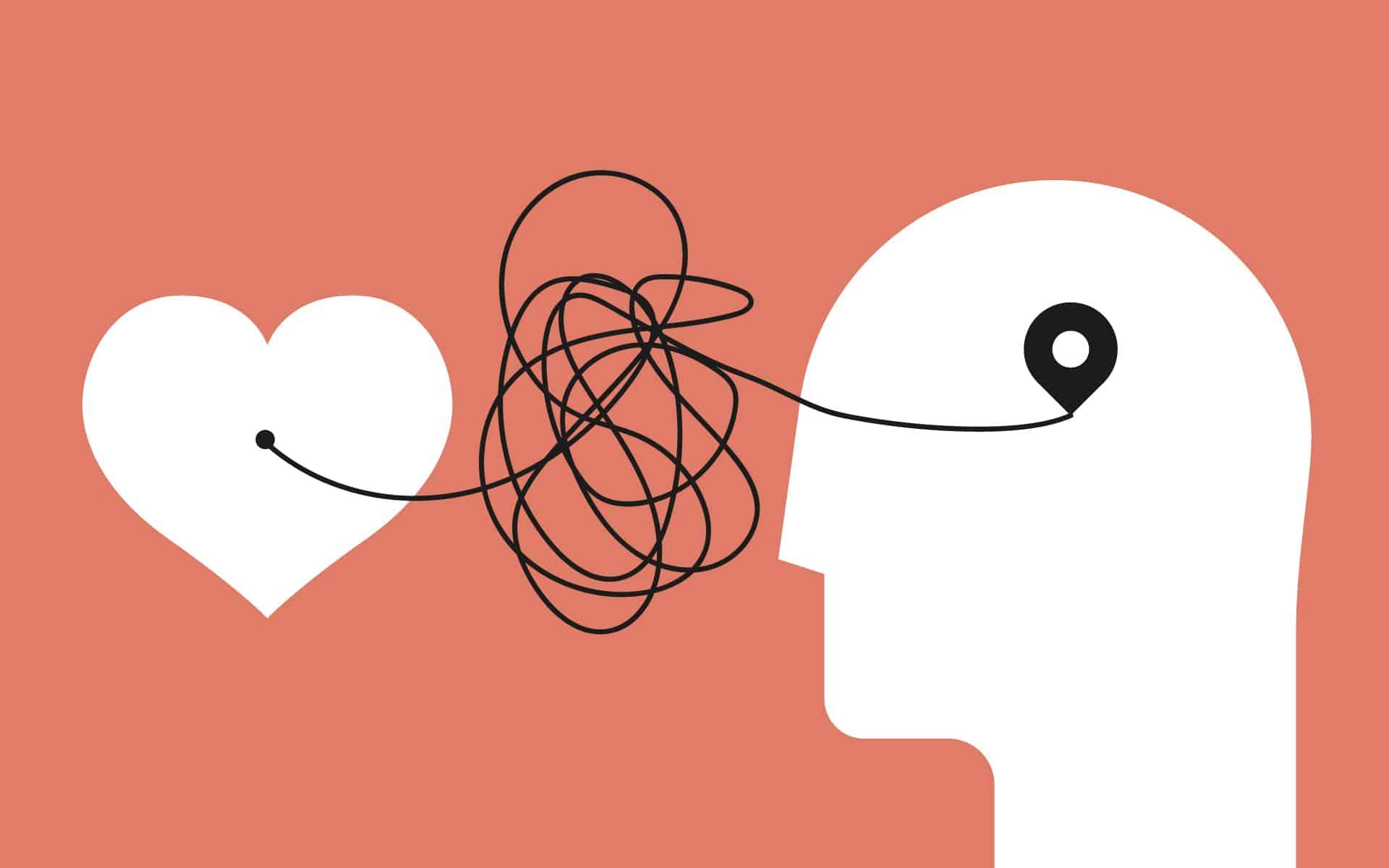If you’re familiar to meditation, then you’ve probably tried a basic loving-kindness practice. It involves bringing to mind someone you love, and wishing that they are safe, well, and happy—either out loud or to yourself. The practice continues by extending these well wishes outward to those around you: maybe a more neutral party, or even a difficult person in your life.
Repeating these phrases feels good in the moment, but they can also have long-term effects on our brains that stick with us after we’ve finished meditating. Daniel Goleman, author of Primal Leadership: Unleashing the Power of Emotional Intelligence and co-author of Altered Traits, explains how this type of meditation can impact our mind and our outlook “right from the get go,” in this video from BigThink:
The Power of Empathy
Goleman says loving-kindness practices strengthen empathic concern: our ability to care about another person and want to help them.
Goleman says loving-kindness practices strengthen empathic concern: our ability to care about another person and want to help them.
“We find, for example, that people who do this meditation who’ve just started doing it actually are kinder, they’re more likely to help someone in need, they’re more generous and they’re happier,” Goleman explains. “It turns out that the brain areas that help us or that make us want to help someone that we care about also connect with the circuitry for feeling good. So it feels good to be kind and all of that shows up very early in just a few hours really of total practice of loving-kindness or compassion meditation.”
There are three different types of empathy, and these are strengthened when we practice loving-kindness. The two most common types of empathy are when you understand someone else’s perspective, and when you connect to them emotionally; but the final, most powerful type is empathic concern.
“You can have the first two and not to be particularly concerned or caring, but if you have all three then you’ve got the whole package of empathy,” Goleman says. “And we find that love and kindness meditation strengthens that third, both in terms of how you behave, how you feel and what’s happening in the brain.”
Ultimately, your brain is biologically prepared to be more kind and empathetic—it just takes a bit of loving-kindness practice to get there.







